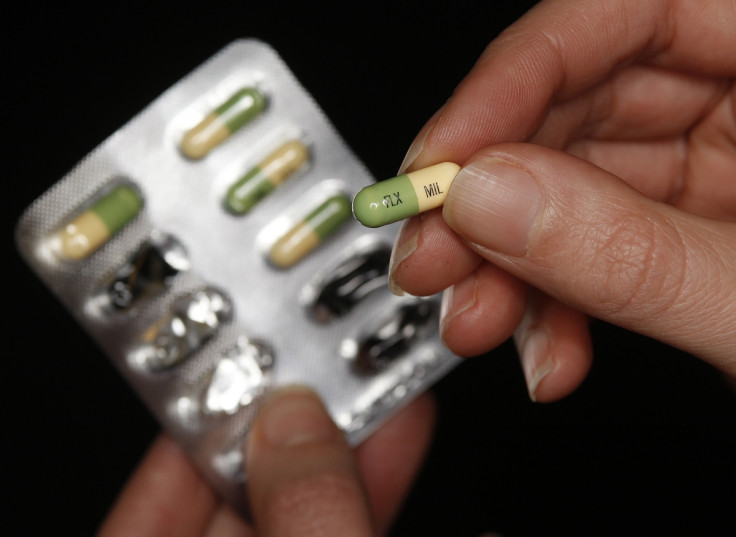Record Numbers on Antidepressants in UK

Four million Britons now take antidepressants and the number of pills prescribed by doctors has risen by almost 25% in the past three years, leading to concerns that doctors are handing over the prescriptions too easily, when counselling might be more appropriate.
Latest statistics from the Health and Social Care Information Centre show that 53 million prescriptions for antidepressants such as Seroxat and Prozac were handed out in England last year.
The UK now has the seventh highest prescribing rate for antidepressants in the western world and twice as many people are now taking drugs than they were ten years ago.
The World Health Organisation is now warning that prescription levels in many countries are "through the roof" as people struggle to deal with the challenges of modern living.
Up to a year to wait for counselling
"On the demand side, people know antidepressants work. I would even argue there's a degree of fashion about antidepressants. On the supply side, antidepressants have become cheaper and more easily available," said Dr Matt Muijen, head of mental health at WHO Europe.
"My worry is that we are medicalising all forms of sadness in the belief that antidepressants are a safe drug that you just prescribe."
The WHO estimates that by 2020, depression will be the second most debilitating health condition in the world.
At the moment, it can take up to a year to receive counselling after being referred by an NHS doctor.
Julia Llewellyn Smith, a writer who was struggling after the birth of her first child, told Sky News that she was immediately offered medication by her GP, who assumed she must have post-natal depression.
"I said to her: 'I am not depressed, I'm just exhausted and having a bad time with a new baby'," said Smith.
"She said: 'No you are depressed, I want to give you Prozac ... you will feel very better very soon,' and it really was a struggle to convince her that I didn't want, or in my opinion, need, anti-depressants."
Not overmedicating
However the former chair of the Royal College of GPs has come out in defence of doctors and doesn't think that antidepressants are being overprescribed to patients in the UK.
"I don't think my profession are giving out anti-depressants when they are not needed," said Dr Clare Gerada.
"But I think if there is a long waiting list for talking therapies, and there certainly is in the areas that I work, [that] rather than see the patient get worse depression and risk their life, it may be the GP appropriately gives antidepressants as a bridge."
Another patient, Caroline Ashrafi, has taken different tablets for 30 years since she first sought help for depression in her late teens.
She has now been told that she will have to take these pills for the rest of her life in order to make sure that her mood remains stabilised.
"There is a stigma but I think when anti-depressants are prescribed in the right situation and with proper medical care, for me they have literally been a lifesaver," she said.
© Copyright IBTimes 2025. All rights reserved.






















